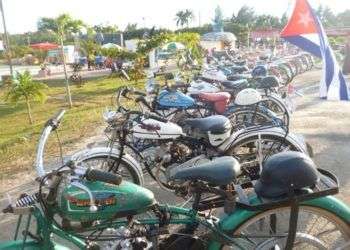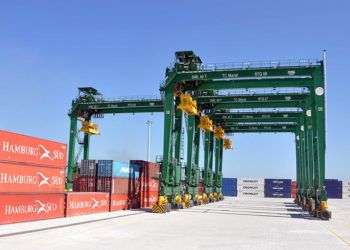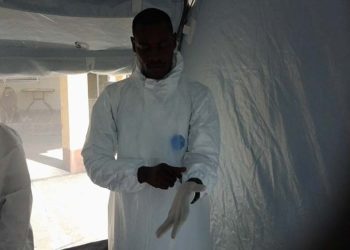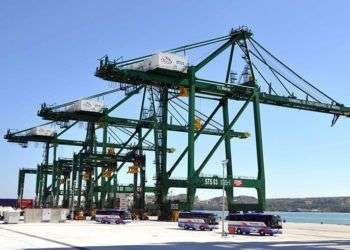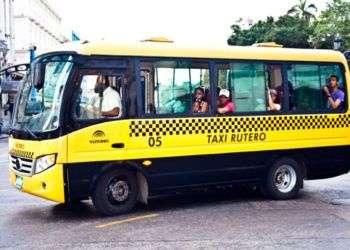The man in the Whizzer
More than seven decades after its inception, Whizzer rides Cuban streets. It is not a famous person, but a moped, powered by the American company Breene-Taylor Engineering Corporation in the first half of last century and widely used in the period of the Second World War and after this. Arguably, the brand was the first to employ auxiliary engines for bicycles, mopeds because while the first begin to appear after the conflagration, this achieved great success during the wartime period. Various sources report that they could travel nearly 200 km with one liter of petrol. Today, on board these old pieces, members of the Whizzer Club arouse the curiosity of those who see them go by. For Elvis Perez Hernandez, a member of the club and founder of one subsidiary in the province of Artemisa, the essence of the group is in the rescue and conservation of these engines and restore utility to not only be able to use them as transportation, but also provide or enrich the culture of the population regarding the Whizzer. On their qualities, Elvis expands: "They are very affordable and adaptable. They spend little gasoline and break infrequently. I understand that here, many years ago,...

